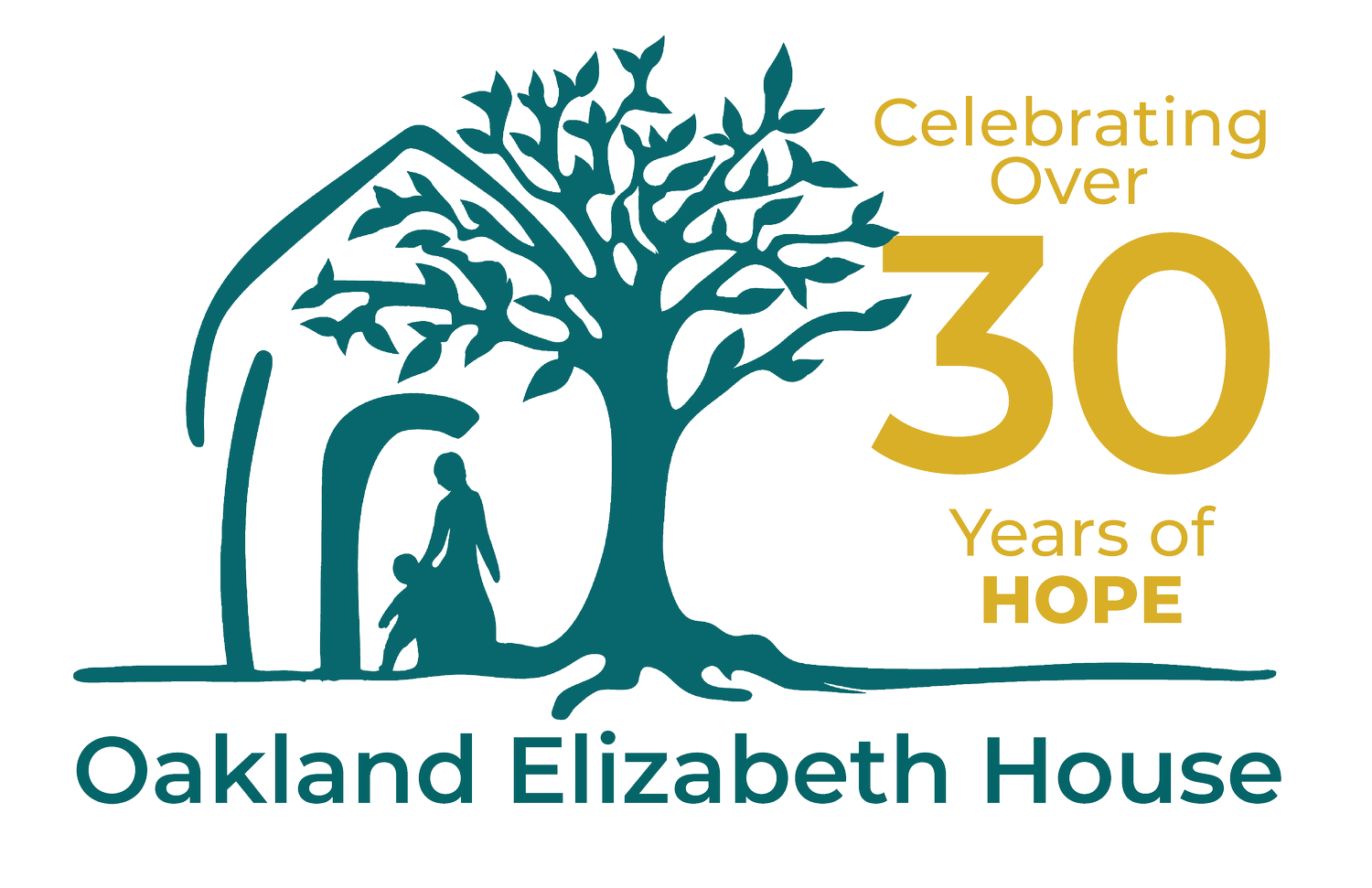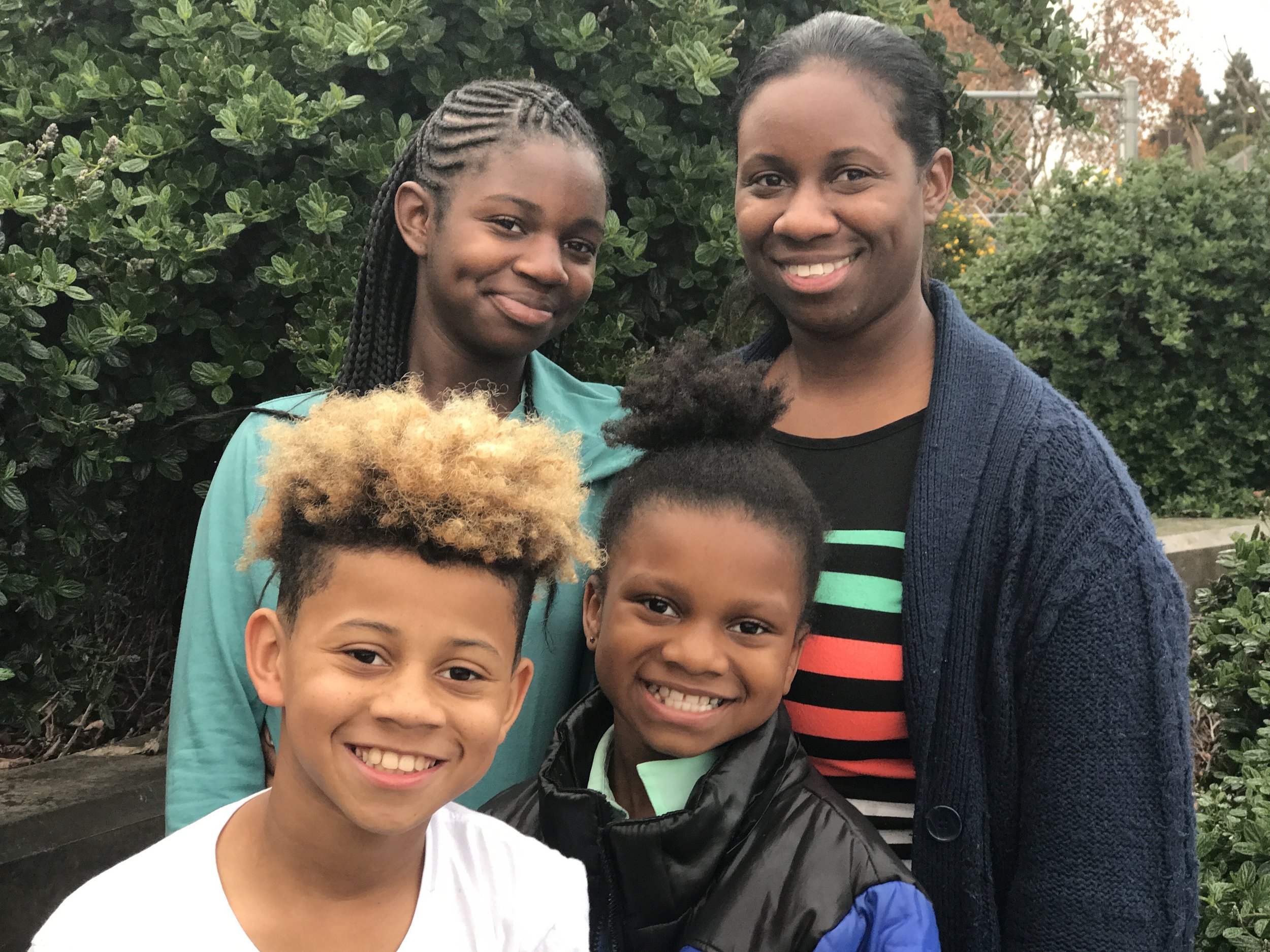Our Impact
Please watch and share our new Oakland Elizabeth House video.
When children move into Oakland Elizabeth House, they are often afraid: Are we going to stay, will we leave and go to a hotel, car, or an unsafe place? The children are nervous, crying, scared, and/or acting out. During the typical 24-month stay at Oakland Elizabeth House, they begin to settle down and look forward to coming home to a safe place that is filled with other children to play with, a large backyard in which to play safely, and a warm nutritious meal to enjoy. When they leave, even if to a place of their own, our children are conflicted, with emotions of happiness and sadness, knowing Oakland Elizabeth House was home. When our children come back to visit, we see faces filled with excitement, joy and happiness because they remember that this was their home.
Currently 10 mothers and 16 children (ages 6 months – 9 years) live at Ehouse. Ninety percent of the women were homeless for between 1 ½ and 5 years. All have experienced domestic violence, addiction, or extreme poverty. Coming to Ehouse from various shelters, recovery programs, and their cars, our families arrive with the clothes on their backs and their life belongings in garbage bags.
Oakland Elizabeth House was formed to provide best practices to support the families who come to us for help.
Many homeless women grew up in poverty, with little or no education, and poor career opportunities, learning that domestic violence is a part of life to be tolerated (if not accepted). They find themselves traumatized, in abusive or unstable relationships. With no permanent place to go when they leave an abusive environment or cannot afford housing, they take their children and leave. Sooner or later, they are homeless, and experience high levels of anxiety and depression as they frantically seek shelter. In addition to losing their housing, they may also lose their job and self-worth.
Alameda County has shelters for women and children fleeing from abuse, but those are very short-term. Research shows that without the security of a safe and secure place to live, homeless families have a much higher rate of chronic disease, mental disorders, and substance use.
The number of homeless people in Alameda County increased by more than 39% in the past two years, reaching an estimated 5,629, with 49% of those in Oakland. Oakland’s homeless include 98 families with 262 members. Alameda County is one of the top ten least affordable housing markets in the United States. Because the homeless population is so high, shelters and transitional housing programs cannot meet the demand.









